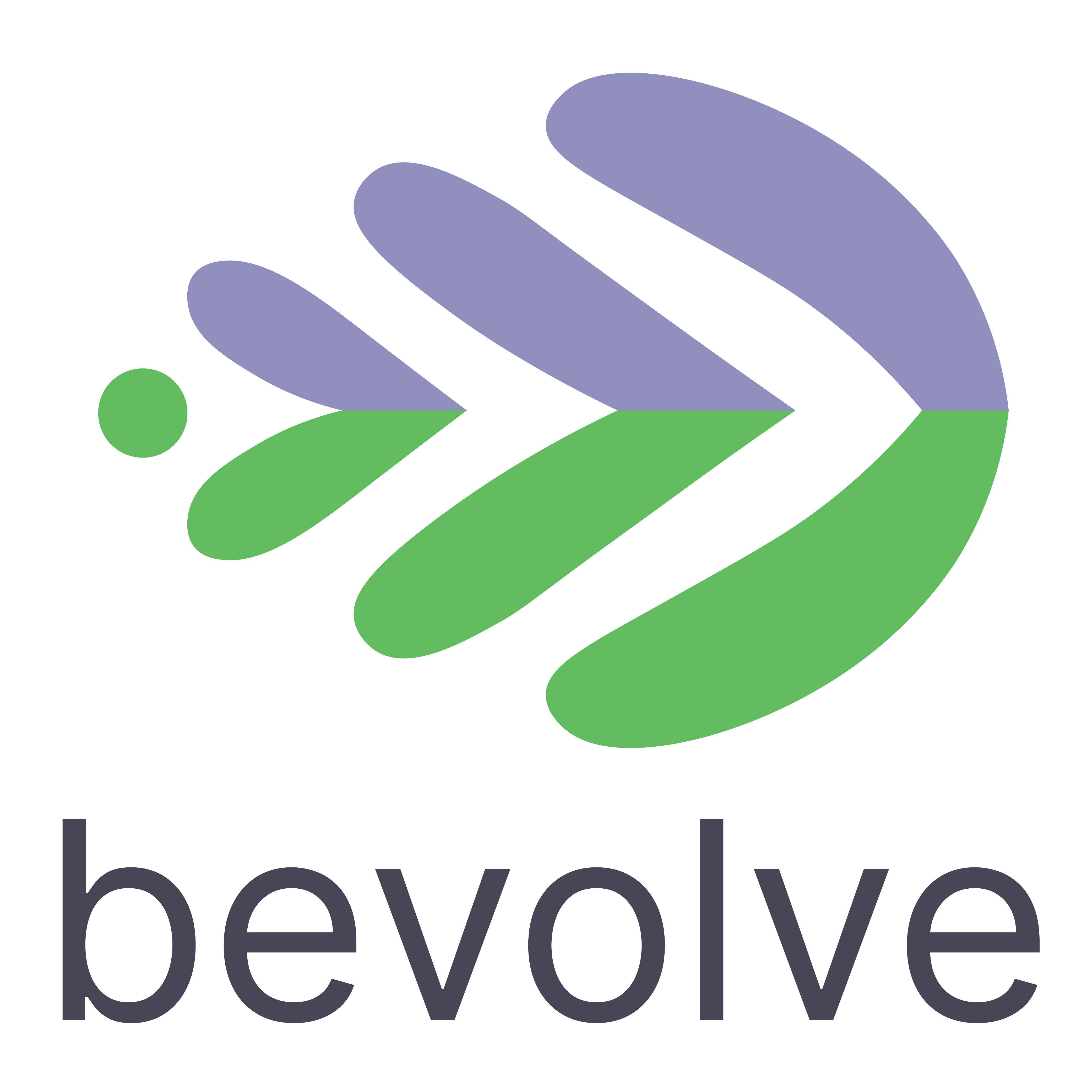



Case Study l TEXTILES
Making Textiles Profitable and Sustainable: The Road to Net-Zero
Client
Large Textile Manufacturer and Exporter
Need
GHG accounting and inventorization for customer compliance of Global Retail Brands
Industry
Retail Textile
Goal
Bevolve was brought in to assess the company’s environmental impact by conducting a comprehensive emissions inventory and developing a roadmap to express their sustainability journey in clear and actionable terms.
What we did?
- GHG emissions inventory covering Scope 1, Scope 2, and Scope 3.
- Designed a three-phased Net-Zero roadmap
- Integrated current climate and social initiatives into the report
Case study explanation
The textile industry accounts for 6.7% of the total greenhouse gas emissions globally! More than that of international flights and maritime shipping combined. This was the motivation for a 30 years old textile manufacturing company to take a monumental leap towards sustainability by implementing GHG inventorization and charting a Net-Zero roadmap by 2035. This was no small feat for a company with 8 operational units, 8000+ machines and 15000+ professionals. Their challenge was clear: transforming the complex and massive operations into a transparent and sustainable enterprise.
Simple and Actionable Steps
Our approach was to make GHG inventorization frictionless for them. We conducted a comprehensive emissions inventory, covering Scope 1, Scope 2, and Scope 3 emissions, to identify all relevant greenhouse gas sources through a streamlined process using our Bevolve platform.
We then created their GHG report in alignment with leading frameworks such as GRI, BRSR, SBTi, Eco Vadis, and the ISO 14064 standard. This ensured their report was consistent, transparent, and credible, building trust with stakeholders and making their sustainability efforts measurable and shareable.

Unexpected Insights
Through this exercise, the company discovered that sustainability could also drive profitability. By following the Net-Zero roadmap, which included energy efficiency projects, they not only reduced emissions but also cut costs. Their GHG report also highlighted the avoided emissions, showcasing the progress made by the client. The report also earned them admiration from major brands like Columbia Wear, Zara, and others, opening doors for more impactful collaborations.
A Roadmap for the Future
The roadmap was designed in three strategic phases:
- Short-term: Reduce Scope 1 and 2 emissions through operational improvements.
- Medium-term: Transition to renewable energy and improved energy efficiency.
- Long-term: Address Scope 3 emissions through supply chain collaborations.
With a targeted 72% reduction in Scope 1 and 2 emissions by 2030, the company is on track to achieve significant milestones.
The Impact
The textile industry is the second-largest workforce, employing over 45 million workers, most of whom are women. The efforts of this organization contribute directly to India’s target economy for 2025.
The company’s commitment to rebuilding, not just preserving, stems from their deep-rooted ethos. Starting in 1992 with a focus on creating stable income for women, their mission is personal and transformative. One female employee shared how the on-site daycare and school facilities allow her children to access quality education while she contributes to her family’s income.

As their founder puts it:
“It isn’t enough to not destroy; we need to rebuild.“
Supporting a company like this goes beyond environmental impact it’s about empowering livelihoods, building resilient communities, and shaping a more sustainable future.
It has been a pleasure to support this company through this assessment and to see that they can be transparent with their customers and really shout about the great improvements they are making on their journey to net zero.
Contact us: catalyst@bevolve.ai



